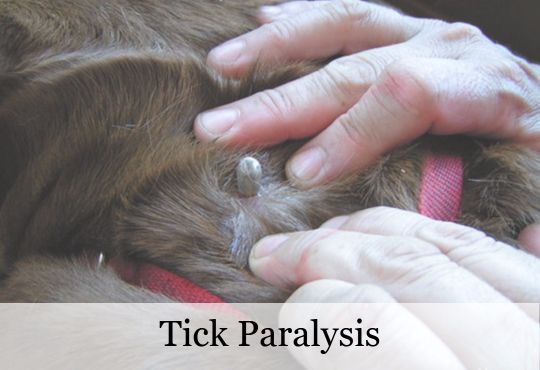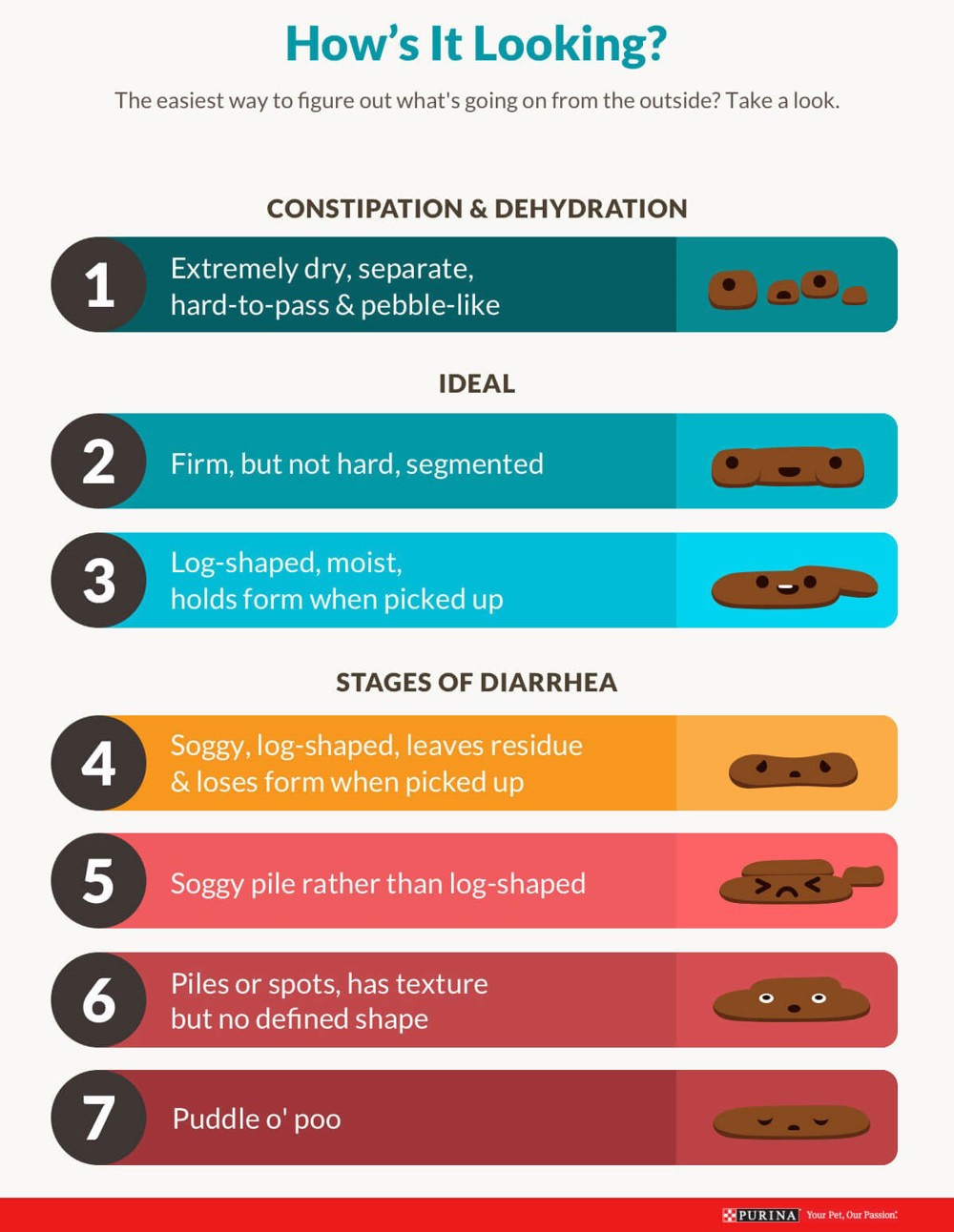Cryptococcosis in dogs
Cryptococcosis In Dogs. Feline cryptococcosis in Japan is typically attributed to Cryptococcus neoformans var. In-depth Information on Cryptococcosis in Dogs. We isolated a fluconazole-resistant strain of C. The causative agent thrives well in soil and droppings of wild and domesticated pigeons.
 Bvns Neurotransmitter 2 0 Technically Speaking March 2017 Bush Veterinary Neurology Service From bvns.net
Bvns Neurotransmitter 2 0 Technically Speaking March 2017 Bush Veterinary Neurology Service From bvns.net
Typically young adult dogs median age 2 years of either sex were affected. Dogs have a different variety of symptoms than cats. The canine cryptococcosis in seen in adult animals from one to seven years of age and among these four years old or younger animals are over represented. The majority of dogs with cryptococcosis are purebred dogs aged less than 6 years but the disease can occur at any age. Cryptococcosis is a disease caused by the fungus Cryptococcus neoformans. The CSF in cats and dogs with neurologic signs due to cryptococcosis may have an increased protein concentration usually between 10 and 140 mgdL in cats but may be several hundred or rarely more than 1000 mgdL in dogs.
The majority of dogs with cryptococcosis are purebred dogs aged less than 6 years but the disease can occur at any age.
Cryptococcosis is a disease dogs can contract by inhaling Cryptococcus neoformans fungus. Cryptococcosis is a disease that develops predominantly in young adult dogs and over 50 of dogs are younger than 4 years at diagnosis. Neoformans var grubii VNI is the most common cause of cryptococcosis in dogs in the USA except for the Pacific Northwest and of dogs and cats overall in Australia. The fungi are found worldwide in soil and bird droppings especially those of pigeons. If diagnosed early antifungal drugs may be successful. The majority of dogs with cryptococcosis are purebred dogs aged less than 6 years but the disease can occur at any age.
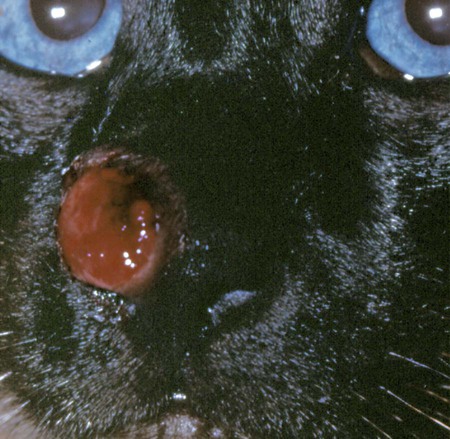 Source: veteriankey.com
Source: veteriankey.com
Because cryptococcosis can affect different parts of the body symptoms vary depending on what part of the dog has been infected. This fungus grows in bird droppings and decaying vegetation and is generally associated with Eucalyptus trees. The clinical and mycological findings in 20 consecutive cases of cryptococcosis evaluated between 1981 and 1995 were analysed retrospectively. This fungus which is often inhaled through the nose is present in soil and often spread by birds especially pigeons. It can be found in soil that is contaminated by bird droppings.
 Source: bvns.net
Source: bvns.net
The Cryptococcus organism is found mainly in soil and excrement usually in pigeon guano and can remain viable for 2 years. The Cryptococcus Latex Agglutination Antigen test is highly sensitive and specific 95 for cryptococcosis in dogs and cats. Cryptococcus Antigen Latex Agglutination. There is no sexual predisposition although some breeds seen to be more susceptible such as Doberman pinscher Great Dane and Cocker Spaniels 89. This fungal disease can cause issues in the brain eyes lymph nodes and skin.
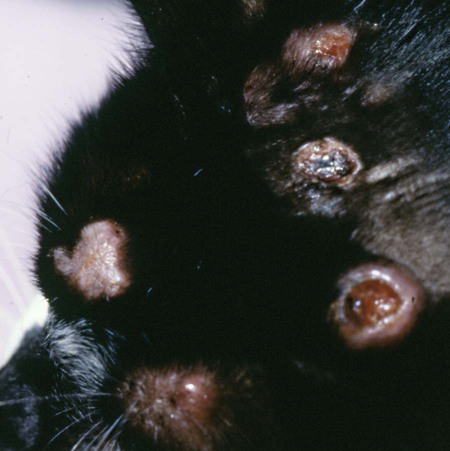 Source: veteriankey.com
Source: veteriankey.com
Transmission is by inhalation of spores or contamination of wounds. In dogs it often begins in the nasal cavity spreading to the nervous system then the skin digestive system eyes lymph nodes bone muscle. Soil fowl manure and. Transmission is by inhalation of spores or contamination of wounds. Signs of brain involvement are an unsteady gait pressing the head against a hard surface or standing with the head up against a wall circling seizures blindness and dementia.
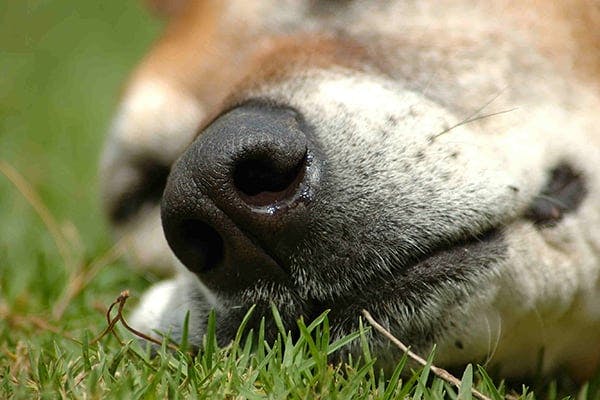 Source: wagwalking.com
Source: wagwalking.com
The canine cryptococcosis in seen in adult animals from one to seven years of age and among these four years old or younger animals are over represented. The Cryptococcus Latex Agglutination Antigen test is highly sensitive and specific 95 for cryptococcosis in dogs and cats. They are fairly common and can be caused by several different types of fungione being a yeast-like fungus called cryptococcus. Cryptococcosis is a systemic fungal disease caused by Cryptococcus neoformans. Feline cryptococcosis in Japan is typically attributed to Cryptococcus neoformans var.
 Source: onlinelibrary.wiley.com
Source: onlinelibrary.wiley.com
The Cryptococcus organism is found mainly in soil and excrement usually in pigeon guano and can remain viable for 2 years. Other pets will act confused dizzy or blind. 9 Leukocyte counts can range from 2 to more than 1000 cellsµL in both dogs and cats. Cryptococcus is a yeast-like fungus found most often in association with pigeon droppings. Symptoms Infected dogs often have vague and nonspecific symptoms such as weight loss and lethargy.
 Source: msdvetmanual.com
Source: msdvetmanual.com
It can be found in soil that is contaminated by bird droppings. Gattii infections varies greatly with geographic region. The organism attacks the central nervous system respiratory system skin digestive system eyes bone muscle heart and other organs. A retrospective study of 20 consecutive cases. We isolated a fluconazole-resistant strain of C.
 Source: researchgate.net
Source: researchgate.net
Dogs which have acquired the infection usually suffer from severe problems that affect the central nervous system. Cryptococcus Antigen Latex Agglutination. The CSF in cats and dogs with neurologic signs due to cryptococcosis may have an increased protein concentration usually between 10 and 140 mgdL in cats but may be several hundred or rarely more than 1000 mgdL in dogs. In avian droppings it may occur in a noncapsulated form as small as 1 μm which can be inhaled into the deeper portions of the lungs. JSAP 40 8 387-391 PubMed.
 Source: magonlinelibrary.com
Source: magonlinelibrary.com
Symptoms Infected dogs often have vague and nonspecific symptoms such as weight loss and lethargy. Cryptococcosis is a systemic fungal disease caused by Cryptococcus neoformans. A retrospective study of 20 consecutive cases. Some pet parents will notice that their pet is lethargic doesnt want to eat and has mild signs of respiratory infection. Transmission is by inhalation of spores or contamination of wounds.
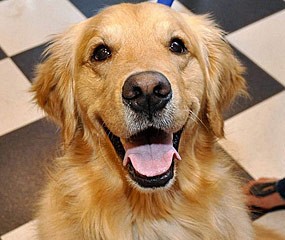 Source: pethealthnetwork.com
Source: pethealthnetwork.com
Malik R Hunt G B Bellenger C R et al 1999 Intra-abdominal cryptococcosis in two dogs. A mixed cellular pleocytosis is generally present with. There is no sexual predisposition although some breeds seen to be more susceptible such as Doberman pinscher Great Dane and Cocker Spaniels 89. Antigen titers decrease with successful treatment and increase with disease relapse and can therefore be used to help guide antifungal treatment. Typically young adult dogs median age 2 years of either sex were affected.
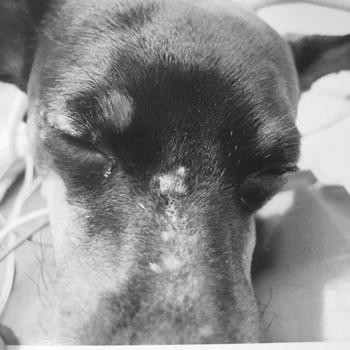 Source: link.springer.com
Source: link.springer.com
Antigen titers decrease with successful treatment and increase with disease relapse and can therefore be used to help guide antifungal treatment. Fungal Infection in Dogs Cryptococcosis Cryptococcosis is a localized or systemic fungal infection caused by the environmental yeast Cryptococcus. They are fairly common and can be caused by several different types of fungione being a yeast-like fungus called cryptococcus. There is no sexual predisposition although some breeds seen to be more susceptible such as Doberman pinscher Great Dane and Cocker Spaniels 89. Sample types include serum and CSF.
 Source: semanticscholar.org
Source: semanticscholar.org
Cryptococcus Antigen Latex Agglutination. The organism attacks the central nervous system respiratory system skin digestive system eyes bone muscle heart and other organs. Signs of brain involvement are an unsteady gait pressing the head against a hard surface or standing with the head up against a wall circling seizures blindness and dementia. JSAP 40 8 387-391 PubMed. The canine cryptococcosis in seen in adult animals from one to seven years of age and among these four years old or younger animals are over represented.
 Source: petcoach.co
Source: petcoach.co
This fungus grows in bird droppings and decaying vegetation and is generally associated with Eucalyptus trees. Cryptococcosis is a systemic fungal disease caused by Cryptococcus neoformans. The majority of dogs with cryptococcosis are purebred dogs aged less than 6 years but the disease can occur at any age. If diagnosed early antifungal drugs may be successful. Transmission is by inhalation of spores or contamination of wounds.
If you find this site adventageous, please support us by sharing this posts to your own social media accounts like Facebook, Instagram and so on or you can also bookmark this blog page with the title cryptococcosis in dogs by using Ctrl + D for devices a laptop with a Windows operating system or Command + D for laptops with an Apple operating system. If you use a smartphone, you can also use the drawer menu of the browser you are using. Whether it’s a Windows, Mac, iOS or Android operating system, you will still be able to bookmark this website.

